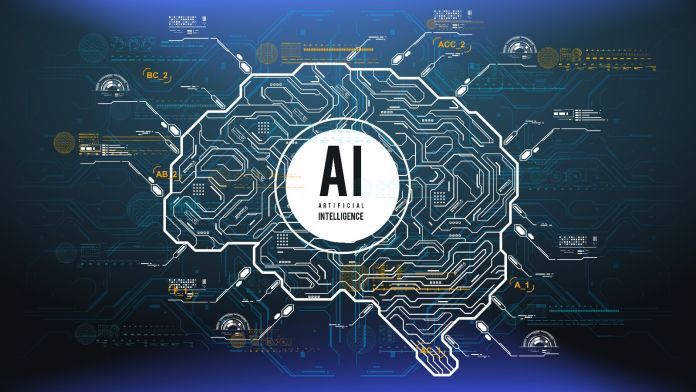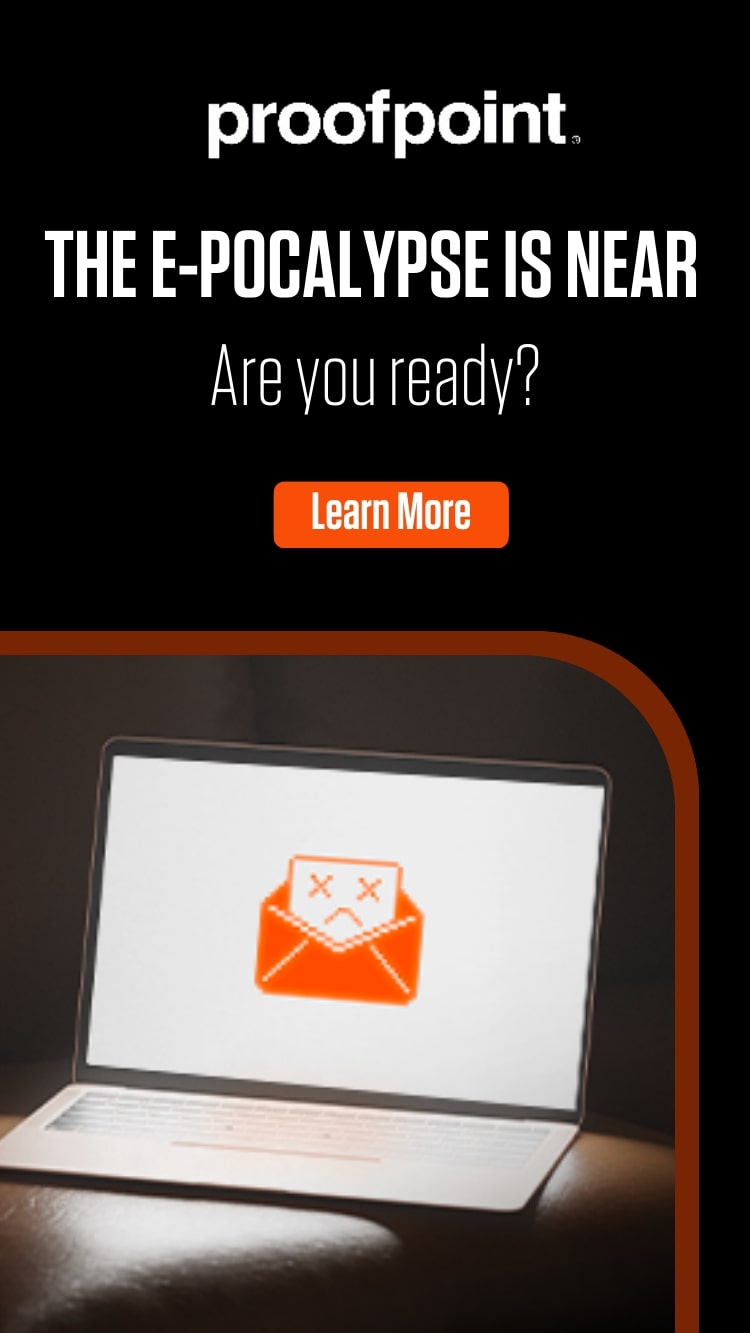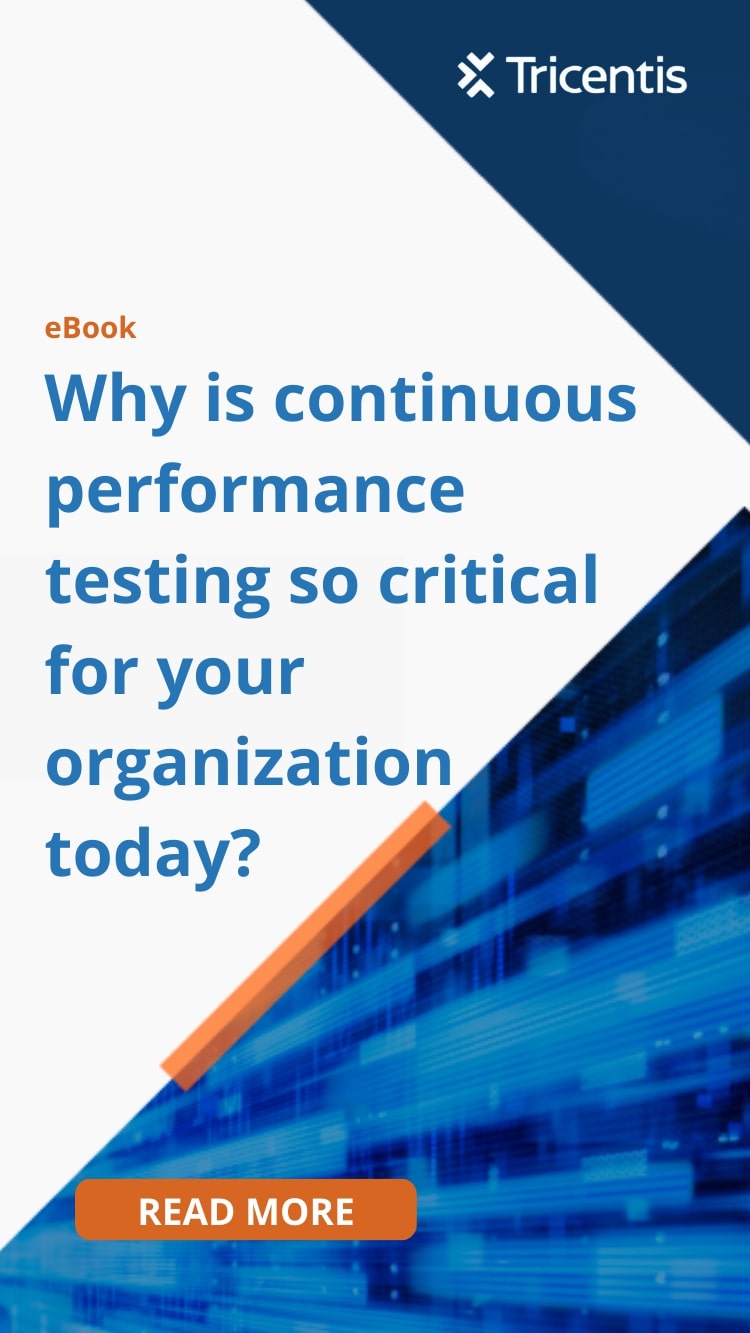AI transforms businesses, delivering significant savings, and delighting customers. However, such benefits realize only when applying AI the right way. The AI vendor becomes a strategic partner, who can make or break the business.
Here are some questions to ask a potential vendor, to make the right choice.
1. Are You an AI Vendor?
Although obvious, beware of vendors who peddle “fake AI.” Many API providers flaunt the tagline “powered by AI”. Likewise, many database vendors claim to offer AI, masking up a data platform as an AI platform. Some legacy software vendors add AI functions to an aging codebase. Such legacy software cannot support AI at an enterprise scale.
Probe the underlying technology and algorithms, to filter out vendors who resort to ‘fluff’ and ‘bluff.’
2. What is Your Expertise?
Not all legit AI vendors are competent either. Degrees and certifications are no substitute for real-world experience. The best choice is a vendor with a proven track record of building and implementing AI.
However, the conventional option of selecting time-tested vendors does not always work with AI. AI is a nascent technology, with new paradigms and best practices established by the day. Most AI vendors are unproven start-ups, or with a few projects under their belt. Vendors with a track record, even if available, may command a premium.
Consider the skill and talent of the AI development team. Also, consider the record of accomplishments of the top management. Check the USP of each vendor. Does the vendor offer some niche expertise not available to others? Do they offer huge cost savings, fast time-to-market, or some other benefit? Seek vendors who strike the right balance between conceptual acumen and practical experience. Many AI theories look good on paper but need not always work well in practice.
3. What About Your Algorithms?

Beware of any vendor unwilling to talk about their algorithms and implementations. Expecting the vendor to disclose their source code is unreasonable. But credible AI vendors talk about the algorithmic tools they use. They offer details such as whether their tools bases itself on open source libraries, how the algorithm applies to the data, and so on. Evaluate the vendor’s data model in the business-specific context.
4. Does the product solve a core business problem?
The true potential of AI lies in delivering targeted solutions to overcome specific challenges. The problem should precede the identification of the technology solution. While even the most credible of vendors push their products, make sure the products they offer solve an existing problem. In other words, make sure the products are not solutions in search of problems.
5. What is the Actual Cost of the Solution?
The actual cost of any AI system goes far beyond the cost of the software. The cost of maintenance can make a big difference to the actual cost. The hidden costs also make a big difference. Implementing AI disrupts the enterprise. Identify an AI vendor who not only delivers sleek software but also offers a robust implementation. A good, robust solution saves thousands of dollars in unanticipated costs and delays. The ability of the vendor to train the employees or end-users of the new AI system lessens the disruption.
6. Do You Offer Integration and Support?
Many excellent vendor solutions fail to integrate with enterprise systems or scale-up.
A good AI vendor goes beyond delivering a first-class product. They resolve compatibility issues well and provide first-class follow-up support. Integrating AI to the enterprise systems requires the vendor to collaborate well with the in-house IT team.
Conduct an integration smoke test through a small proof-of-concept. Spending upfront for such a test could save millions down the lane. It could help in eliminating a vendor not suited to the task on hand.
Generally, the choice of technology also matters in follow-up support. Vendors offering solutions based on Open Source libraries are future-proof. Such solutions will be adaptable to market and technology changes in the long term. Commercial or proprietary solutions require dedicated support channels and more documentation.
7. What about Security?

The enterprise is only as secure as its weakest vendor. For instance, moving the data to the cloud without good security in place is asking for trouble. Loss of sensitive data could attract huge fines.
Also, regulatory concerns evolve, and good vendors keep abreast of the latest requirements. The European Union recently released seven regulatory requirements for AI. Canada recently shared guidelines for using AI within the government. Singapore’s model AI framework lends an ethical guideline to the AI industry.
For Further Reading: 5 Best Practices Related to Vendor Sourcing and Management
Understand enterprise requirements upfront. Assess the vendor on how they could match such requirements. Assess the costs and partnership risks based on the answers to the questions posed to them. IDC estimates worldwide spending on artificial intelligence (AI) to touch $58 billion by 2021. As investment pours in and demand for top talent becomes rife, identifying a competent vendor will get more challenging than ever. Talk to us about your requirements and let us help to match your criteria with the best AI providers.











